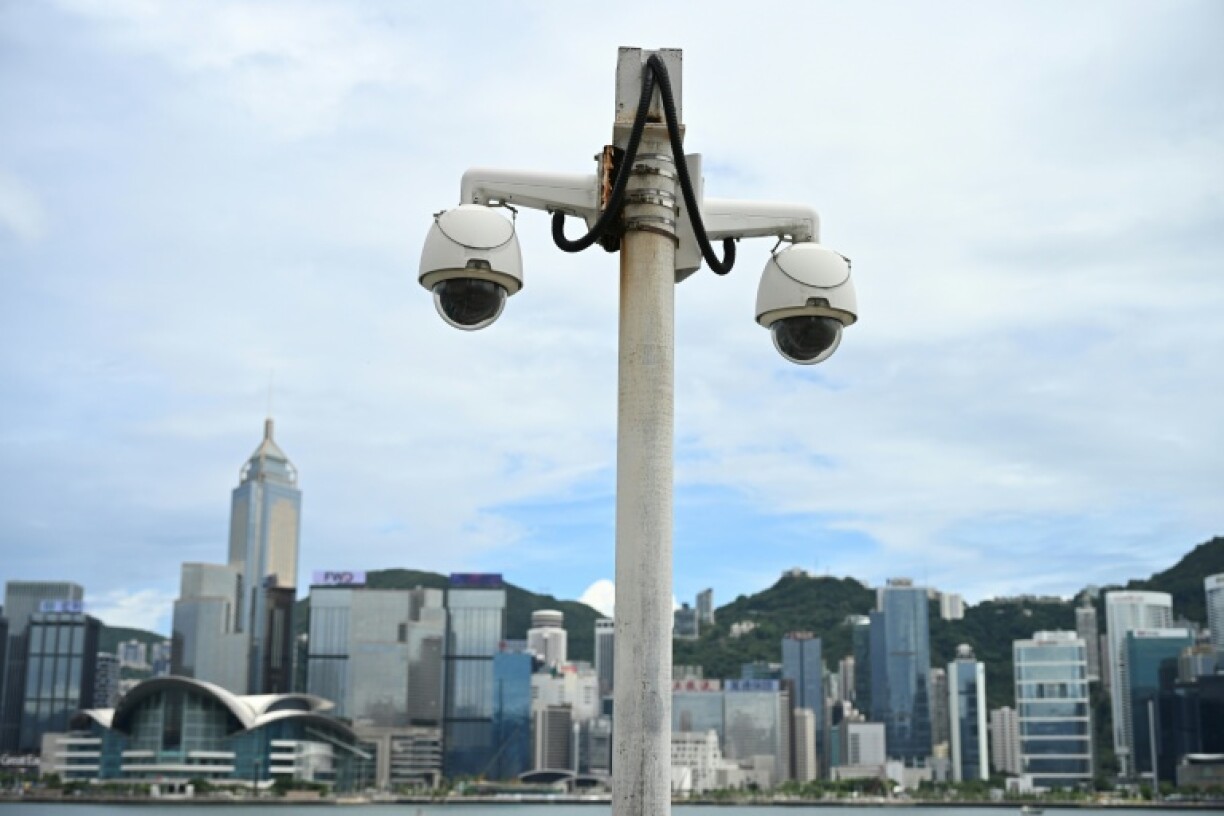
Hong Kong plans to install tens of thousands of surveillance cameras that will make use of AI-powered facial recognition, the city’s security chief said on Friday, bringing it closer to China where authorities often monitor public spaces with cutting-edge technology.
The Chinese finance hub has already installed almost 4,000 closed-circuit television (CCTV) cameras under a police crime-fighting programme. That number will increase to a total of 60,000 by 2028, according to documents submitted to the legislature.
Artificial intelligence is being used to monitor crowds and read licence plates, and that technology “will naturally be applied to people, such as tracking a criminal suspect”, Hong Kong’s security chief Chris Tang told lawmakers.
“That is something we must do,” he said, adding that authorities are still considering issues such as resource allocation and choice of technology, without specifying a timeline for the rollout.
Police say the SmartView programme is needed to safeguard national security and to prevent and detect crimes, crediting the use of CCTV cameras with solving more than 400 cases and scoring 787 arrests since the initiative was launched last year.
Officers will start using real-time facial recognition “as early as the end of this year”, the South China Morning Post reported in July.
Similar technology has also been adopted in Britain, although critics argue that it grants the government unchecked power to invade privacy on a massive scale.
Concerns have also been raised over false matches leading to wrongful arrests.
The European Union adopted an Artificial Intelligence Act last year that banned “the use of ‘real-time’ remote biometric identification systems in publicly accessible spaces for the purposes of law enforcement”, with some exceptions.
Hong Kong’s privacy watchdog, an independent statutory body, declined on Friday to say whether it had been consulted in drawing up plans to expand the surveillance camera programme.
Eric Lai, a Senior Fellow at the Georgetown Center for Asian Law, said Hong Kong’s police have not been subject to effective oversight by independent watchdogs and the city has no clear rules on AI use by law enforcement agencies.
“It is therefore questionable whether the existing legal and regulatory framework is sufficient to prevent police abuse of power in deploying AI technology for surveillance, or whether procurement processes are conducted with proper regard for human rights due diligence,” Lai told AFP.